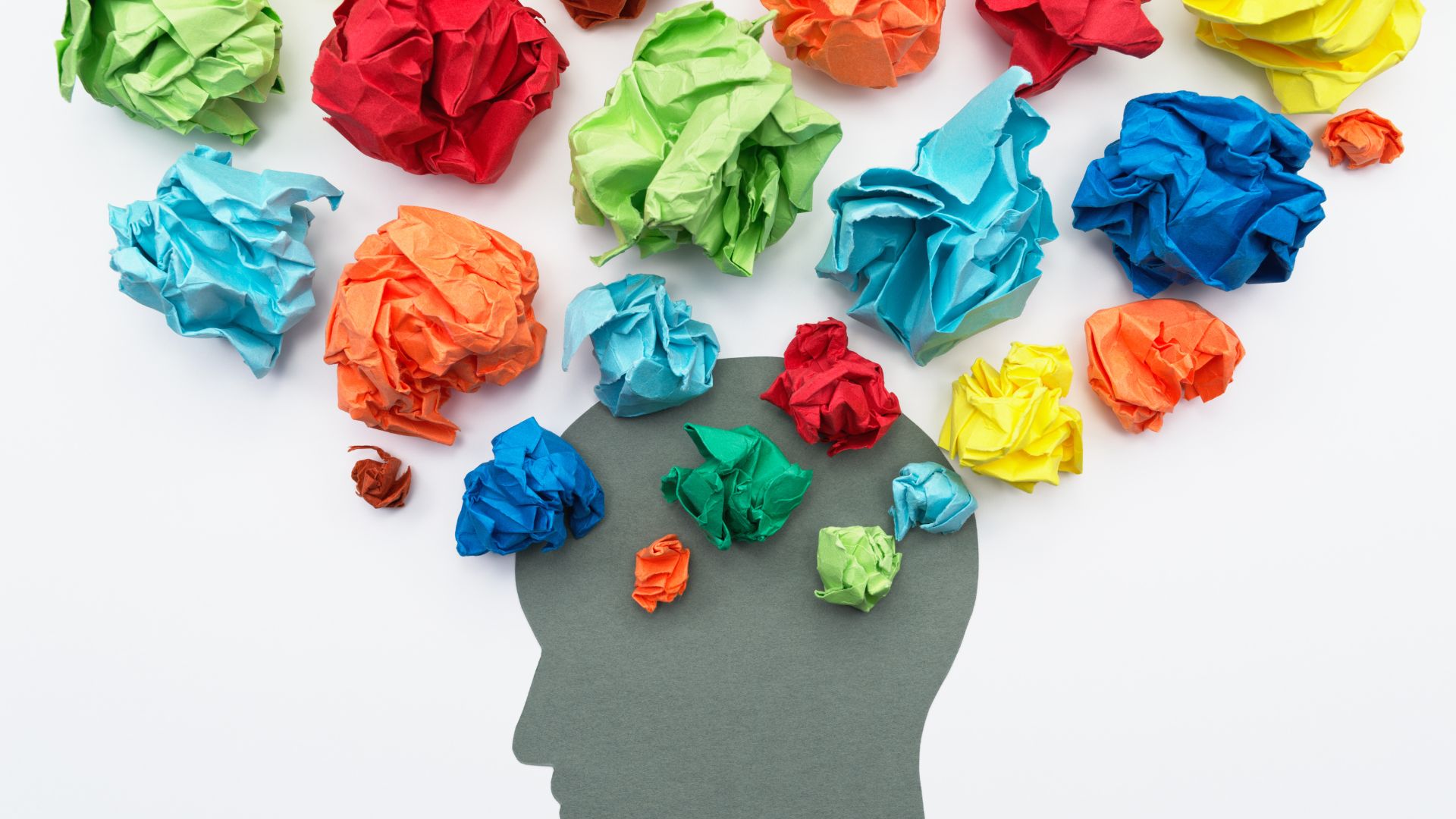
In today’s diverse healthcare landscape, interpreters are more essential than ever, particularly in mental health settings. That’s why the AOI offers Bridging the Gap in Mental Health Interpreting course: a 24-hour, interactive, live training designed for interpreters who've already completed the Bridging the Gap 40‑hour medical interpreter foundation course (or equivalent).
Interpreting in a mental health setting is uniquely complex. Unlike routine medical appointments, mental health encounters often involve nuanced discussions about emotions, trauma, or deeply personal experiences. Patients may struggle to articulate their feelings, use culturally specific expressions, or describe symptoms in non-clinical terms. For interpreters, conveying not only the words but also the intent, tone, and emotional context, requires specialized preparation. Without training, even skilled interpreters risk unintentionally minimizing a patient’s experience or misrepresenting critical information to providers.
“Mental health conversations go beyond words…interpreters need the tools to carry the weight of emotion and context into another language.” – AOI Instructor
In addition, mental health professionals often rely on subtle cues, hesitations, word choices, or emotional intensity to inform their assessments. Interpreters must be able to accurately render these details without overstepping their professional role. Specialized training equips interpreters to balance accuracy with sensitivity, ensuring patients feel heard and respected while providers receive the information they need to deliver appropriate care. This training also reinforces professional boundaries, teaching interpreters how to navigate moments where their own empathy or cultural insights might blur the line between interpreting and intervening.
“This course helped me understand how to be both accurate and compassionate without crossing boundaries, something I didn’t learn in standard medical training.” – Former Student
.jpg)
Finally, cultural competency plays a particularly important role in mental health interpretation. Beliefs about mental health vary widely across cultures, and stigma often prevents individuals from openly discussing their struggles. A trained interpreter understands these dynamics and can help bridge cultural perspectives without bias. By completing a program like Bridging the Gap in Mental Health, interpreters gain the skills to navigate these challenging conversations with professionalism and compassion, ultimately supporting better outcomes for patients, providers, and communities.
“Culture shapes how people view mental health. Interpreters must bridge those perspectives with care, respect, and accuracy.” – AOI Instructor
This course is crafted for interpreters who have already completed a 40‑hour medical interpreter training recognized by CCHCP, like Bridging the Gap or the Professional Medical Interpreter. Whether you're seasoned in medical interpreting or newly certified, this course gives you the specialized skills to make a meaningful impact.
Secure Your Spot for December’s Live Course (Dec 1–3, 2025)
Don’t miss this opportunity to deepen your intercultural and emotional fluency in an area where empathy and accuracy matter most. Mental health interpretation demands more than language skills, it requires heart, cultural sensitivity, and real-time adaptability. With Bridging the Gap in Mental Health Interpreting, the AOI offers interpreters the tools to meet these demands with professionalism and compassion.
Spaces are limited for the December live session so be sure to reserve your spot today and bring more voices and stories into clearer understanding.